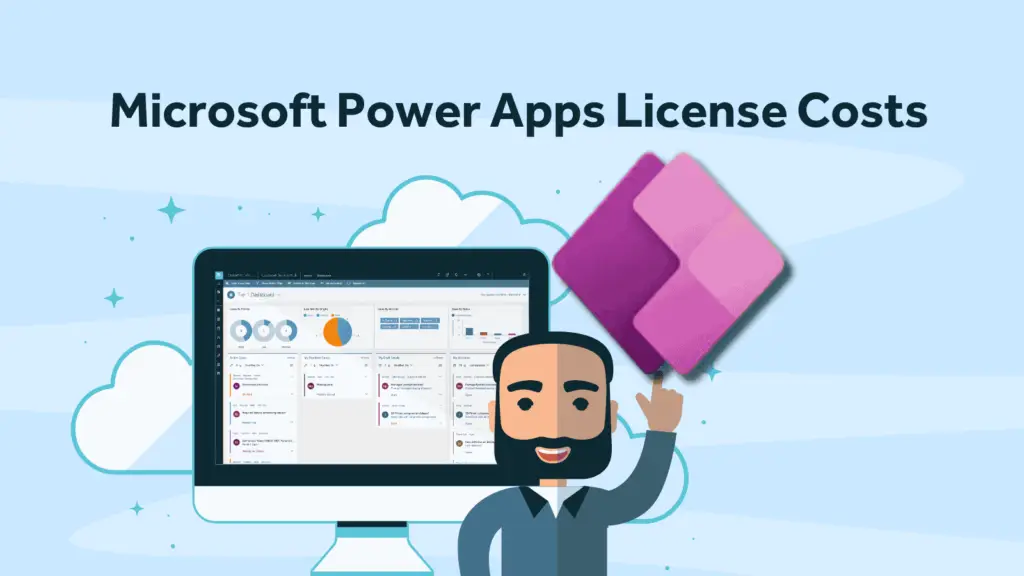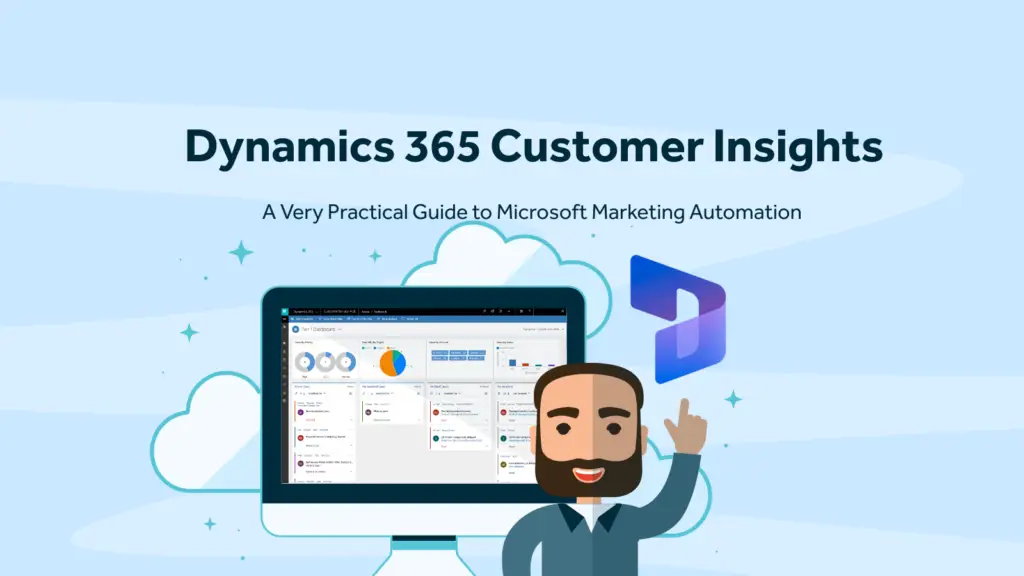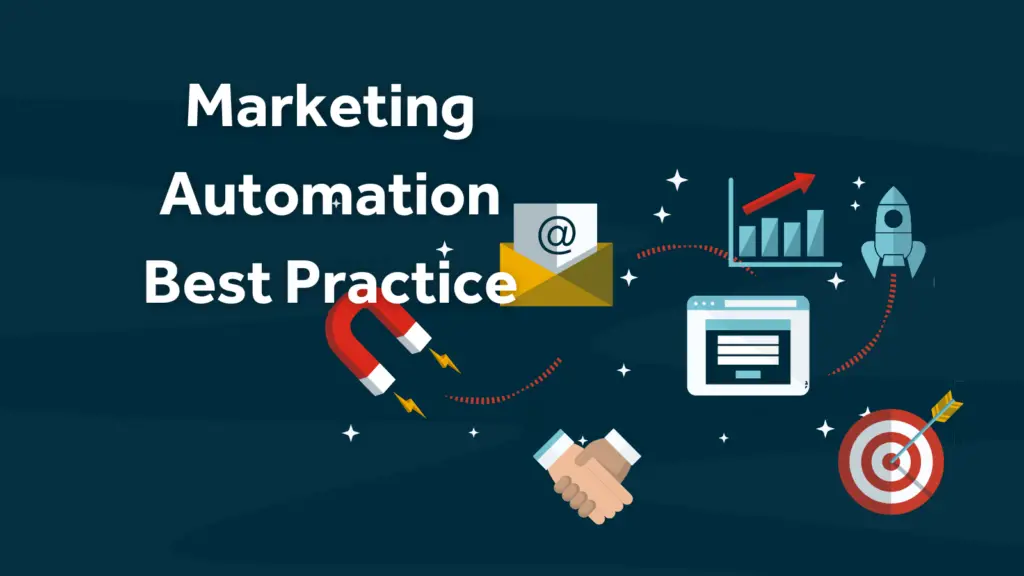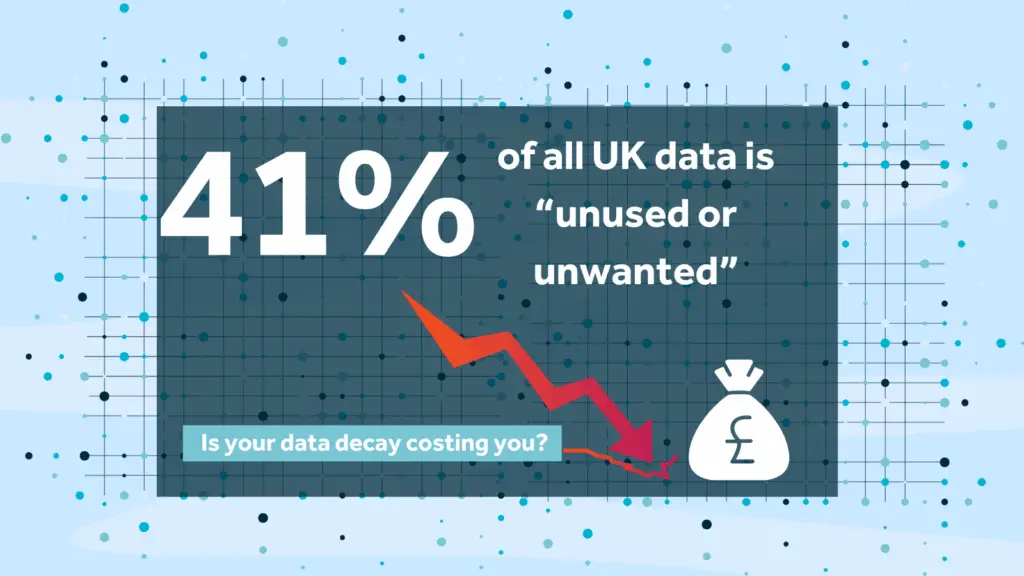We have covered the features and benefits of Power Apps at length, and wish more small businesses were aware of the flexibility the platform offers for creating better operational and customer management tools. As Microsoft Power Apps is a low-code tool, it can be built quickly and has endless possibilities for fixing countless business problems.
The platform can be used to build a wide variety of applications, from workflows to field apps, ticketing systems, internal data processes and databases, and offers a brilliant way for organisations to digitise laborious and time-consuming manual processes, thereby drastically improving productivity. And whilst other software solutions could offer a similar solution, Power Apps is often the more cost-effective option.
As a UK-based Microsoft Partner and Power Apps specialist, we mostly use them to build low-cost, custom-built Customer Relationship Management systems (CRMS).
In some cases, organisations come to us inquiring about Dynamics 365 when Power Apps can often be a more cost-effective solution that does exactly what the client requires for a fraction of the cost of Dynamics 365.
The reason that Power Apps is often overlooked is that Dynamics 365 is served up and marketed as a CRM product, but, essentially, the two Microsoft products, Dynamics 365 and Power Apps are both built on the Power Platform and are essentially the same ‘nuts and bolts’ under the hood. This means building a similar CRM product using Power Apps for a fraction of the cost is possible. Read our article on the difference and similarities between these two products.
Switching focus back to Power Apps, in this article, we look at Power Apps licensing as of 2025 to help you with your pricing exercise and compare it against other solutions.
Overview of Power Apps Licensing Options UK
There are various licensing models for Power Apps, which you select depending on how you intend to roll out the application and the complexity of your needs.
- Per App Plan: This is the simplest offering, designed for users who are accessing a single app or a small set of apps. Licenses can be assigned for up to two apps and one portal.
- Per User Plan: Where an organisation needs users to utilise more apps and portals regularly, then this plan is better as it offers unlimited app access with one license.
- Pay-as-you-go Plan: Where users can fluctuate, this option gives better flexibility. This plan charges per app, per user, per month and is based on actual usage.
- Power Apps with Microsoft 365: If you already have a Microsoft 365 plan, basic Power Apps capabilities may be included. However, there can be limitations.
We get approached by organisations needing help with selecting the right plan. In many cases, they aren’t yet clear on how they will roll out the licensing and need support, and they also need help with scoping out the solution requirements for their exact needs.
We find that it’s often difficult to ascertain the estimated cost immediately until we undertake a more in-depth pricing exercise.
Power Apps Pricing 2025
As a ballpark figure, Power Apps licensing typically begins from £15.40 per month and per app for the Pay-as-you-go solution as of May 2025 (Source: Microsoft.com). This is the starting price and there will be add–ons costs depending on your exact requirements.
It’s also worth noting that Power Apps licensing pricing can fluctuate, so we advise that you contact us for an accurate price.
In terms of license discounts, Microsoft offers handsome discounts of up to 75% for not-for-profits. Find our more about Power Apps license discounts for charities.
Choosing the Right Plan for Your Needs
As we have stated previously, it is difficult to price up a solution until you know precisely how your organisation intends to use the platform. You will want to ask the following questions:
- How many apps do our users need to access?
- How many users will we have month to month?
- What level of flexibility do we need with our licensing?
- What integration requirements do we need? For example, to other Microsoft applications?
- Do we have connector requirements for third-party applications? Are these custom or premium?
- Is this a short-term or long-term requirement?
Typically, smaller organisations have less complexity and simple requirements, needing access to just a couple of tools, meaning the Per App plan is often the best solution. However, when more complexity is involved, multiple apps are required, and for companies that are in a growth phase, the per-user plan is likely to be more suitable.
As we have illustrated, pricing Power Apps licensing requires careful consideration to maximise your return on investment and understand precisely how you intend to use the platform for your organisation.
While you can use the Microsoft pricing page as a guide, we advise working with a Microsoft partner to help you better understand your license needs and accurately price a solution.
ABOUT ROCKET CRM
Rocket CRM is a Microsoft Dynamics 365, and a platinum Click accredited partner, helping small to medium-sized businesses and charities harness the power of scalable CRM technology. Our mission is to make powerful CRM software simple with custom-built, user-focused solutions.
Website: rocketcrm.co.uk
Podcast: RocketPod
Social: LinkedIn




